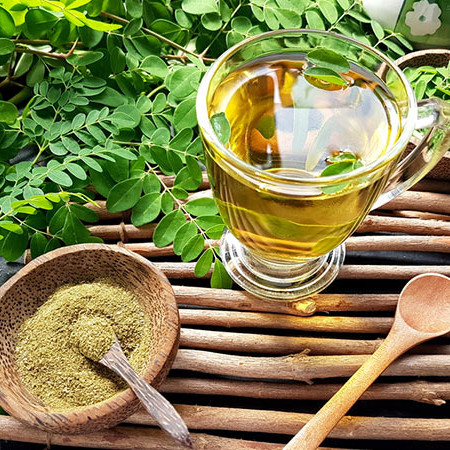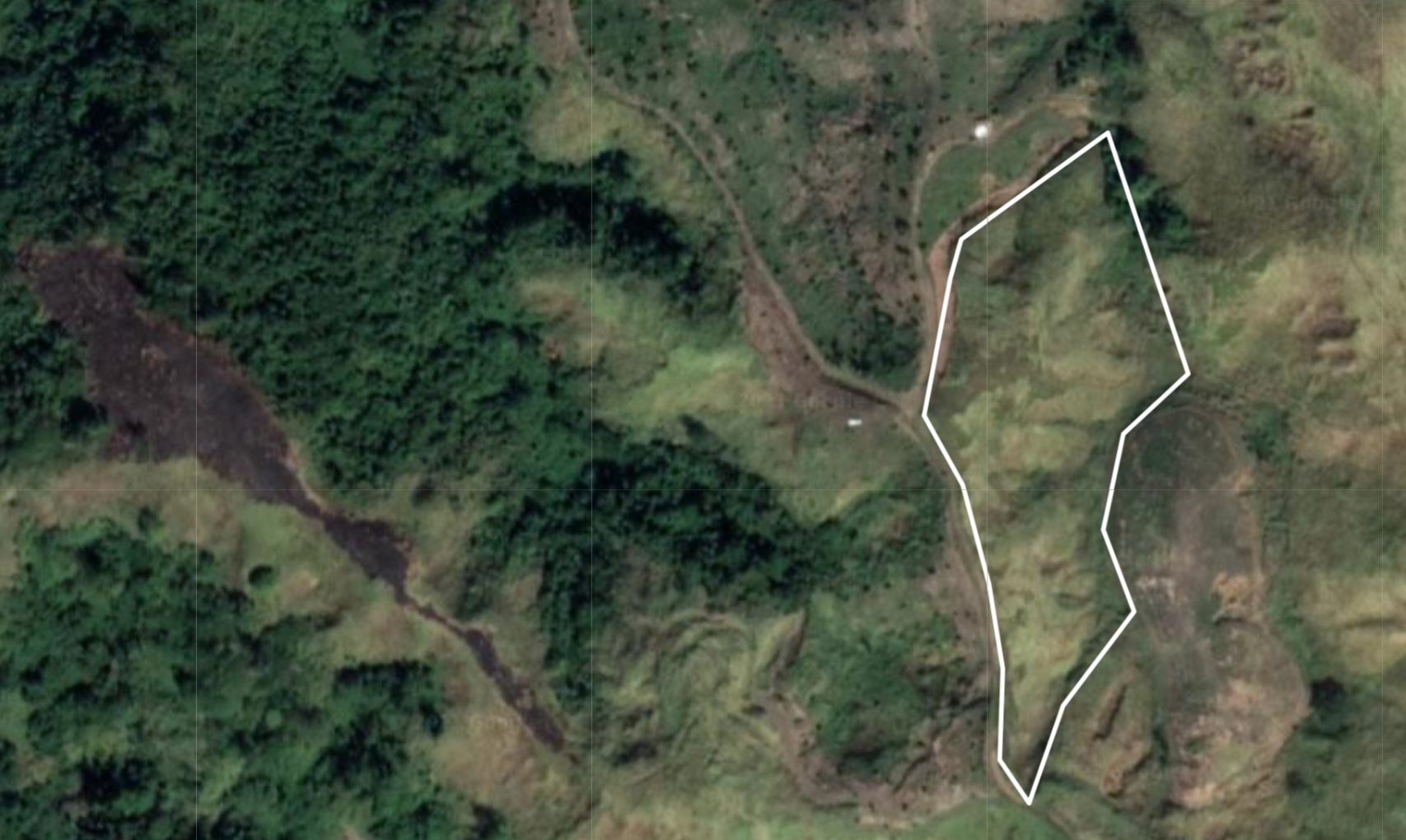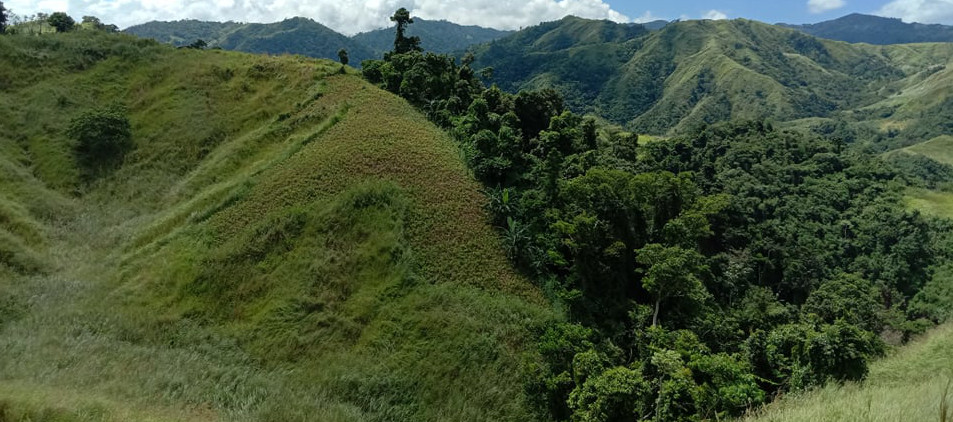
Growing biodiverse ginger farms.
From monocrop ginger plantations to agroforestry tea production.
The Philippines, Nueva Ecija
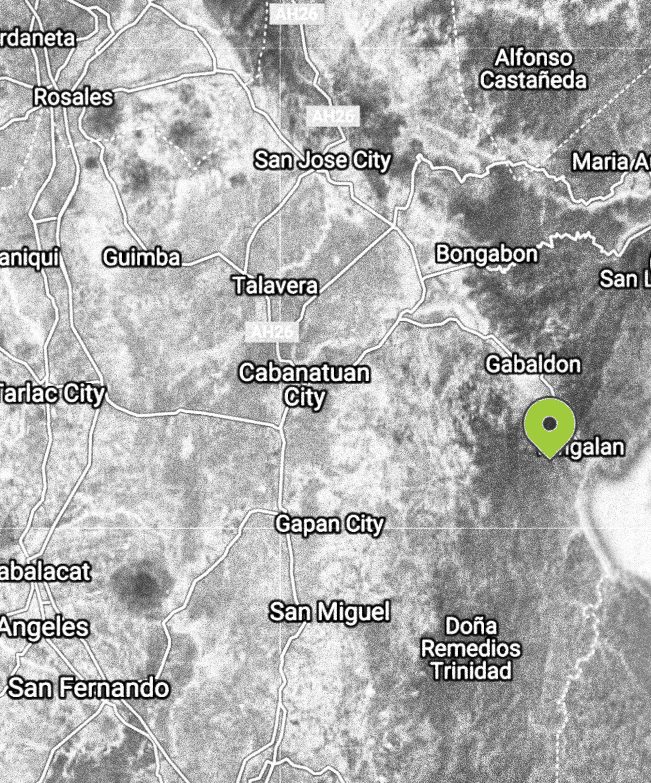
Project mission
To develop an agroforestry herbal tea enterprise that supports small holder ginger farmers transition to regenerative agriculture and empowers the livelihoods of poor rural communities. Incorporating both beneficiaries with shares end profit.

Producers
The engagement of 500+ ginger producers with agro-forestry and bio-organic processes.

Enterprise
The development of Superfood tea enterprise. With community & farmer processing facility.

Land
1 hectare demo site with impact sites extended to 1000+ hectares of existing mono-crop upland.

System
Agrisilviculture system. Interplanted Moringa, mulberry, madre de cacao, teak, Sambong & pigeon pea.
A forest root crop. Without a forest.
The project starts in the Ginger producing upland areas that surrounds the Sierra Madre mountain range, Philippines. Though a thriving forestry crop, farmers continue to burn and slash forest land, using agrochemicals to cultivate monocultures of this globally consumed culinary root crop. Year on year, forest and upland is dessimated for short term annual profits, top soil runs off in heavy rains bringing agrochemicals into watersheds, lowland communities battle high river surges, and cogongrass proliferates at unrivalled rates of growth.
Pilot site
The pilot location is 1 hectare. It is an upland plot approximately 260 meters above sea level facing south, nestled amongst hectares of upland ginger farms. The area was deforested over 100 years ago, however now all is left are blankets of 6ft thick Cogongrass that has invaded soil systems, animal habitats making practically impossible for anything to grow. Most, if not all farmers “slash and burn”. Once it has been burnt the land is sprayed with synthetic herbicide, which destroys some of the rhizomes temporally but not all. Soil acidity changes, and micro-organisms are killed off, any foliage is incinerated leaving little, if none, organic matter to protect soils from erosion and suppress Cogongrass regrowth. Cogongrass is extremely invasive producing up to 3000 seeds per plant, and has very expansive and reproductive rhizomes which create a network of nutrient and water dependent root systems which compete with any plant trying to develop. This by all means, is a pilot project tested to it limits.
Our 1 hectare ginger agroforestry demo site, find out more on restor.eco
Producer
Engaging producers with;
- a bio-organic approach to ginger cultivation
- an alternative approach to land preparation transitioning away from slash & burn methods
- the eradication of Cogongrass rhizomes through ecological techniques
- an understanding of “companion enterprise” and how an assured market for their companion bi-produce will help increase farm profit
- small scale heirloom seed saving for recirculation within transitioning farm partners
- a technical science based understanding trained and facilitated by local personnel
Planet
Supporting environment by;
- Advocating bio-organic herbicides, pesticides & fertilisers
- Growing canopy and understory trees supporting ground cover & soil shade
- Using nitrogen fixing trees to support soil organisms and feed dependant root systems
- Reducing toxicities from water systems and helping to slow watershed systems preventing floods
- Stabilising the soil through natural mulching, preventing run off and erosion.
People
Helping the community by;
- Developing local processing facilities that employ impoverished families
- Hiring and training local community members to engage producers with agro-ecological methods of production
Companion enterprise.
Our companion enterprise dehydrates and packages infused companion moringa, mulberry and sage teas for local and national distribution.
Our tea is grown from degraded and deforested land in Aurora, the Philippines. farmers in the Philippines transforming their monocrop production into diverse polycrop agroforestry sites. We pride ourselves with regenerative agroecosystems that help profit our producers, poor communities and our planet, bringing the freshest, healthiest and regenerative tea to your cup.
